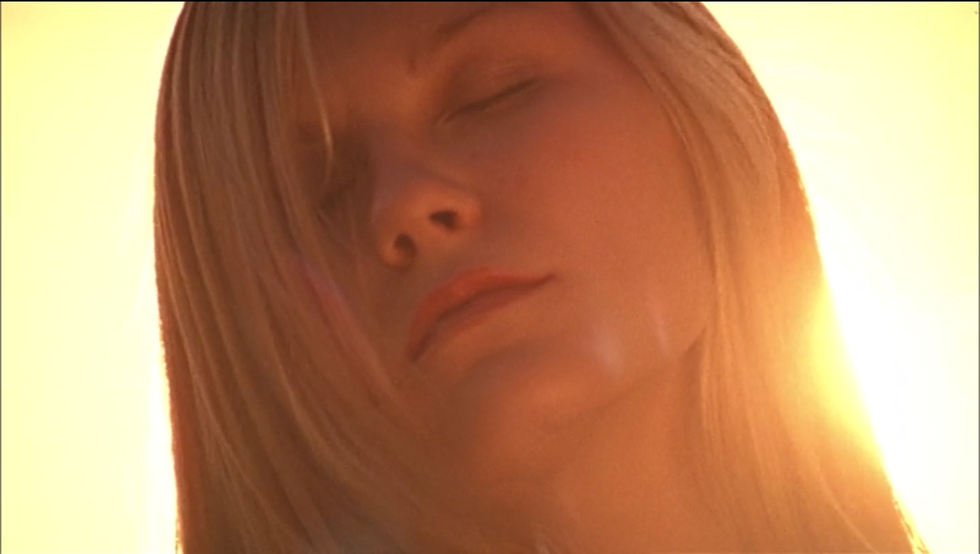There is a huge stigma surrounding mental illness. For some reason it isn't proper to talk about it despite the fact that every year, 42.5 million adults in the United States are diagnosed with some form of mental illness. The conversation about mental illness is incredibly limited which makes it that much easier for media to romanticize it. But mental illness is not romantic or glamorous; it can be crippling and life altering.
The easiest way to describe this romance of mental illness is by discussing the "manic pixie dream girl". If you don't know what a manic pixie dream girl is, it's a type of female character in cinema. You've probably seen movies with a manic pixie dream girl. The term was coined based off of Kirsten Dunst's character, Claire in Elizabethtown. Other examples are Zooey Deschanel in 500 Days of Summer, Kirsten Dunst in The Virgin Suicides and Kate Hudson in Almost Famous. The manic pixie dream girl is a seemingly fun, slightly bizarre female lead character who helps a male character along his journey in the movie, whether it be self discovery, coming of age, or something else. Typically, there can be some form of mental illness (typically depression, anxiety, or bipolar disorder) pinned on the MPDG, though it it almost never discussed in the plots of the films. Instead their carelessness and recklessness is transformed in the eyes of viewers. It becomes "fun-loving" and just what the main protagonist needs to grow and change as a person.
Dissecting the term "manic pixie dream girl", the word manic cannot be ignored. Manic, or mania is a psychological state defined "as showing wild and apparently deranged excitement and energy". Often when someone who experiences mania, they also experience extreme lows. The lows are not necessarily focused on, and if they are, a romantic interest usually is able to snap the MPDG out of it. The problem with the MPDG is that these types of characters are just furthering the romanticizing of mental illness when there shouldn't be. But mental illness isn't poetic or pretty, it flips people's lives upside-down.
Not all movies with mental illness have an MPDG, but that doesn't mean they aren't guilty of romanticizing it. Silver Linings Playbook and It's Kind of a Funny Story both emit ideas that having a mental illness is somewhat romantic, especially when introduced to a prospective love interest. Love interests in movies involving mental illness almost always give off the idea that a romantic relationship can cure mental illness, but this is far from the truth.
These movies fail to get a positive conversation started about ending the stigma surrounding mental illness. Instead, they start tainted conversations and tell stories which are most likely not going to play out in real life. Of course, not all movies with mental illness are like the ones mentioned. There are some which show the painfully true reality of living with a mental illness. A Beautiful Mind and Girl, Interrupted are great film adaptations of real life people's struggles with mental illness.
Real conversations need to be started about mental illness and mental health in order to end the stigma. Media romanticizing it is not doing any good. In order to get a productive national dialogue, realistic depictions of mental illness in the media are a must.




















